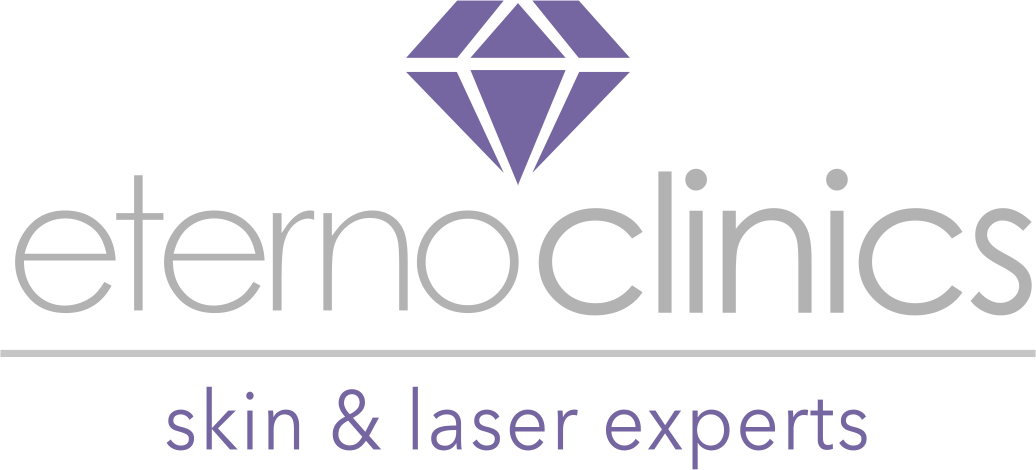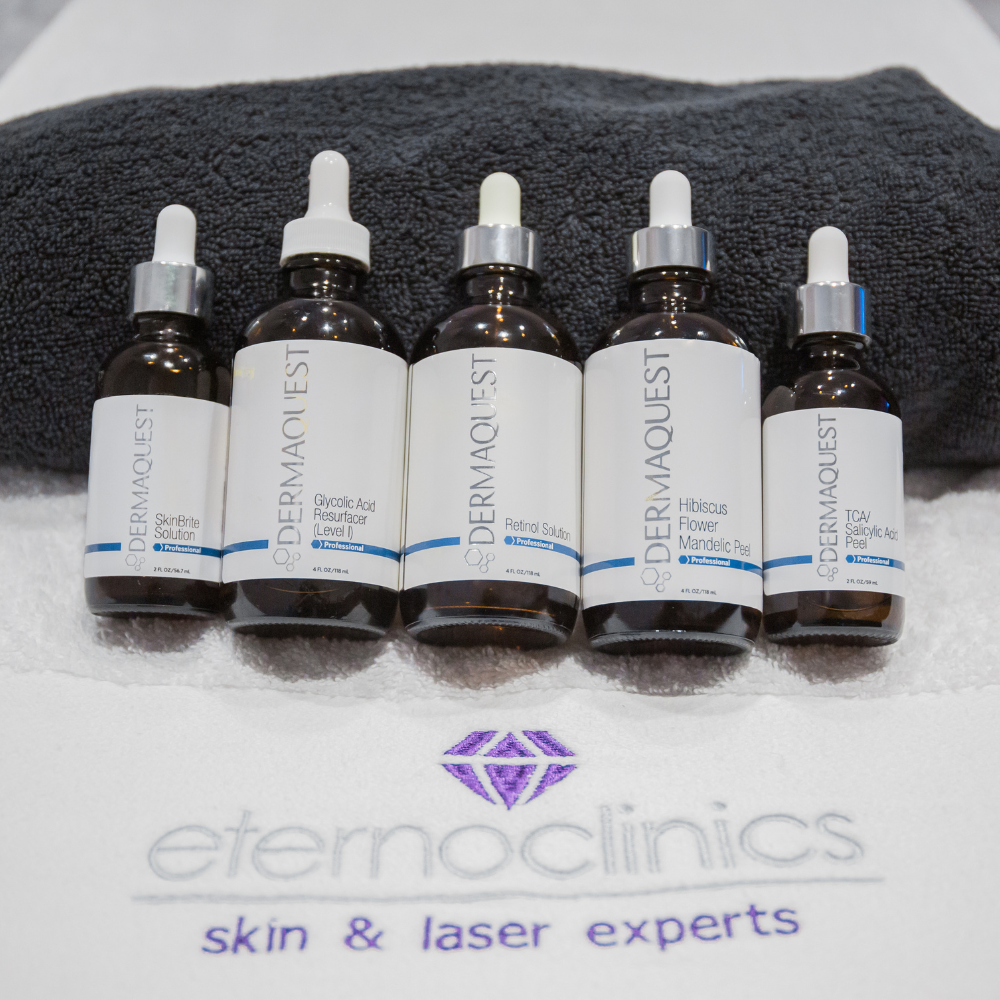Rosacea
What is Rosacea?
Rosacea is a chronic skin condition that primarily affects the face, causing persistent redness, swelling, and visible blood vessels. Symptoms may vary in severity and include skin thickening and small, red, pus-filled bumps.
What Causes Rosacea?
The cause of rosacea is not fully understood, but it is thought to involve a combination of genetic, environmental, and immune system factors. Abnormal blood vessels and heightened immune responses may play a role in its development. Triggers for rosacea can include exposure to sunlight, stress, spicy foods, and alcohol.
Genetic Factors
Genetics are a key factor in the development of rosacea. A family history of the condition increases the risk of developing it, although the specific genes responsible are still unknown.
Environmental Factors
Environmental factors such as sunlight, extreme temperatures, wind, and humidity can trigger or worsen rosacea. Protecting your skin from these elements is important in managing symptoms.
Immune System Factors
Some researchers believe that heightened immune responses can also contribute to rosacea. When your immune system overreacts to environmental triggers, it can cause inflammation in your skin. This inflammation can lead to the redness and swelling associated with rosacea.
Abnormalities in Blood Vessels and Heightened Immune Responses
Abnormalities in the blood vessels of the face can lead to symptoms like redness, flushing, and visible blood vessels in rosacea. This can cause the blood vessels to widen too much, leading to increased blood flow to the skin surface and a red, flushed appearance.
What are the Signs of Rosacea?
Symptoms of rosacea include persistent redness on the face, especially on the cheeks, nose, and forehead. Flushing can be triggered by heat, spicy foods, or alcohol. Other signs may involve swelling and visible blood vessels on the face.
What are the Symptoms of Rosacea?
Symptoms of rosacea can vary among individuals but commonly include:
- Facial redness that may come and go or persist over time.
- Flushing or blushing episodes triggered by certain stimuli.
- Swollen and sensitive skin, particularly in response to triggers.
- Visible blood vessels (telangiectasia) on the face appear as small, red lines.
- Small, red, pus-filled bumps on the skin are commonly seen in acne lesions.
What are the Types of Rosacea?
There are different subtypes of rosacea, each with their specific symptoms.
- Erythematotelangiectatic rosacea presents with facial redness and visible blood vessels.
- Papulopustular rosacea is a skin condition that presents as small, red bumps filled with pus on the face, resembling acne.
- Phymatous rosacea commonly results in thickened and bumpy skin, particularly on the nose, a condition known as rhinophyma.
- Ocular rosacea is a condition that affects the eyes and can cause symptoms such as dryness, irritation, and redness.
Trusted & Approved By You
FAQs
- What is Rosacea?
Rosacea is a chronic skin condition that causes redness, visible blood vessels, swelling, and occasionally small, red, pus-filled bumps on the face. It typically affects the central areas such as the cheeks, nose, chin, and forehead.
- What causes Rosacea?
The cause of rosacea is not fully understood, but factors such as genetics, blood vessel abnormalities, immune system reactions, and environmental triggers may play a role in its development. Triggers can include sunlight, stress, spicy foods, alcohol, and certain skincare products.
- What are the Symptoms of Rosacea?
Symptoms of rosacea can vary from person to person but commonly include facial redness, flushing, visible blood vessels, swollen skin, and small, red, pus-filled bumps resembling acne. In some cases, the eyes may also be affected, causing irritation and redness.
- Is Rosacea Contagious?
Rosacea is a chronic inflammatory skin condition that is not contagious and cannot be spread through direct contact or airborne particles.
- Can Rosacea be Cured?
There is currently no cure for rosacea, but symptoms can be managed through treatment options such as topical medications, oral antibiotics, laser therapy, and lifestyle adjustments to avoid triggers that worsen symptoms.
- What Can I Do to Manage Rosacea?
Managing rosacea involves a combination of medical treatment and self-care measures. This may include gentle skincare using non-irritating products, protecting the skin from sun exposure, avoiding triggers such as spicy foods and alcohol, managing stress, and adhering to prescribed treatment regimens.
Request A Call Back
Contact Us
"*" indicates required fields


